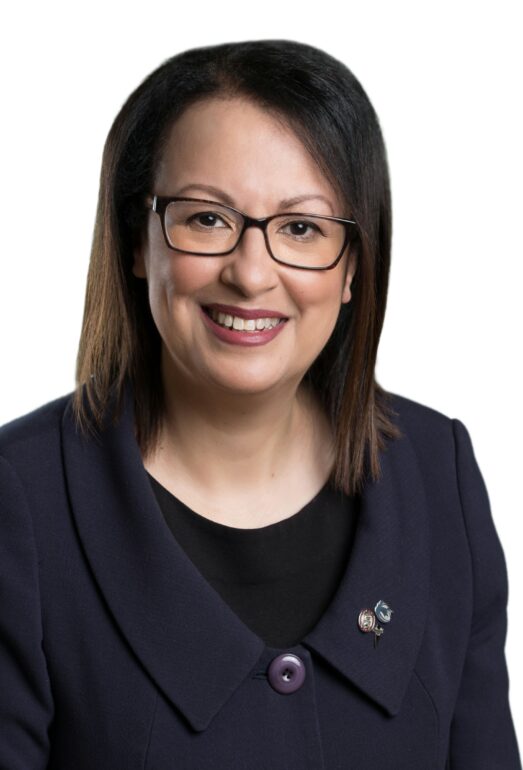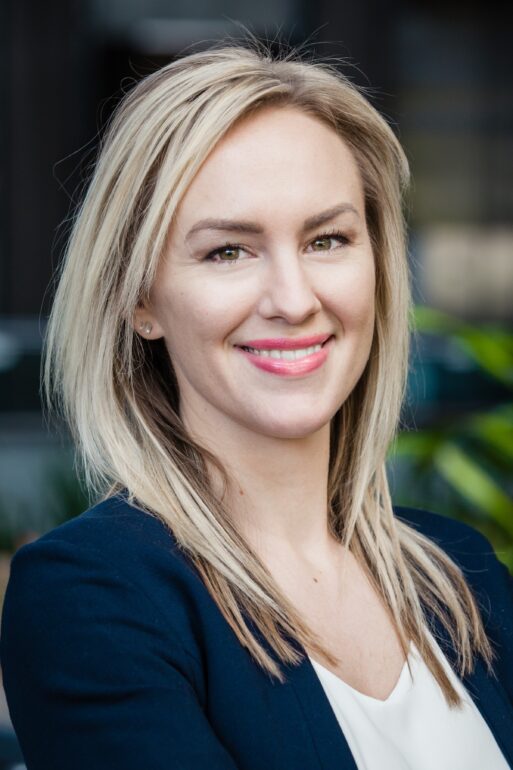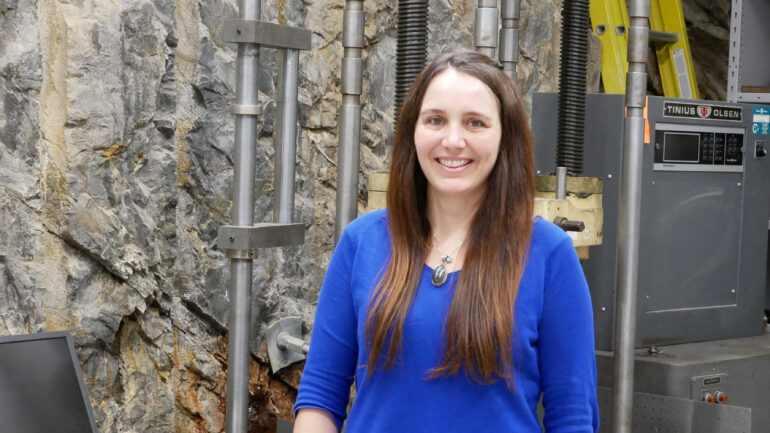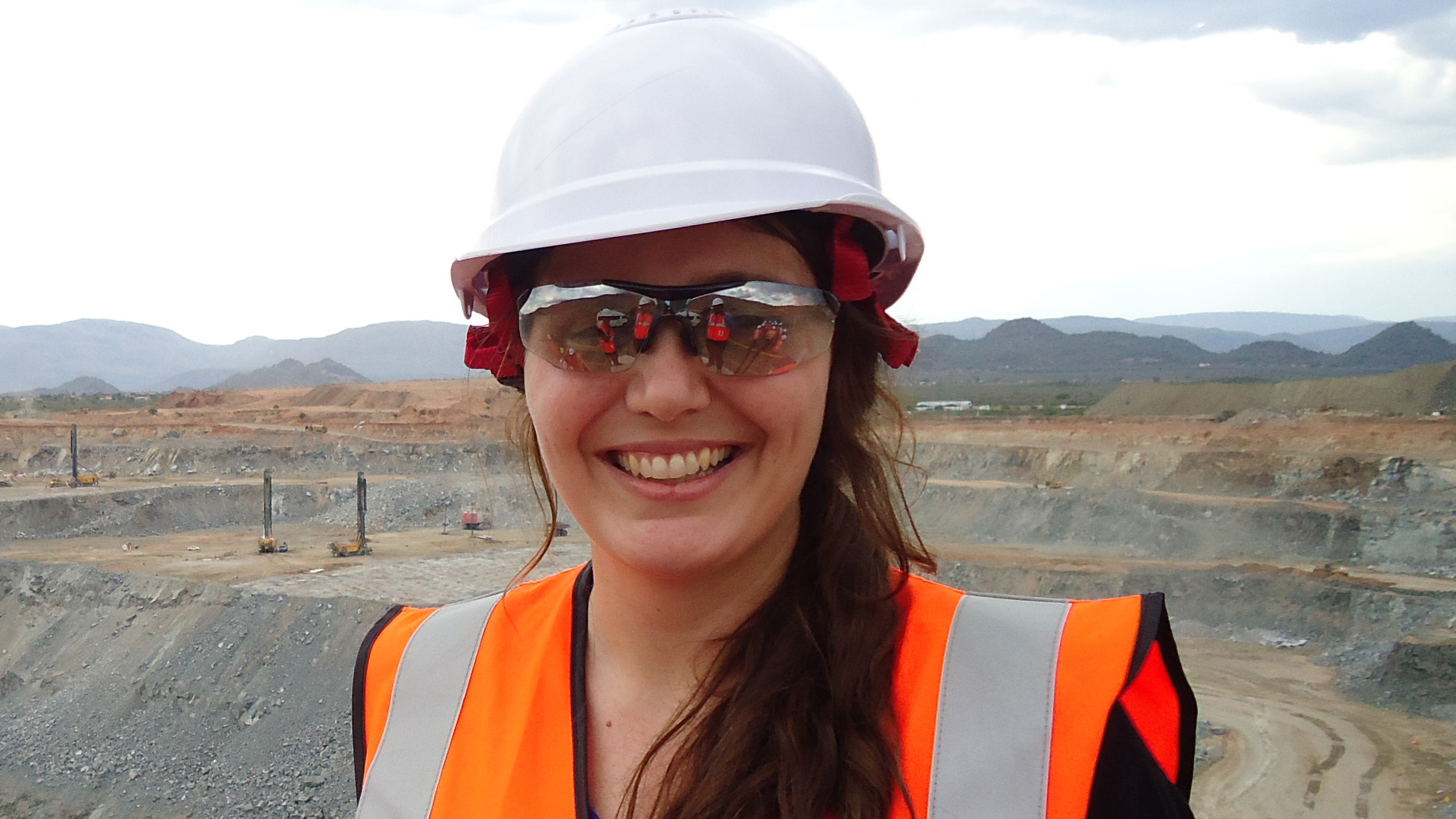Jeanette Southwood graduated from engineering in 1988, a year before Marc Lepine walked into École Polytechnique in Montreal and killed 14 women, 12 of whom were engineering students.
“It was one of the darkest days in the history of Canadian engineering,” Southwood said.
Southwood recalls discussions she had with colleagues as the event caught the nation’s attention, confused and worried. All they could wonder was why such a tragedy happened although the tragedy quickly became a bittersweet catalyst for change.
“The massacre galvanized the engineering profession, its partners and the public to push initiatives to encourage women to pursue engineering,” she said.

Jeanette Southwood's family came from South Africa for better opportunities, engineering has presented that and more. Photo credit: Jeanette Southwood
The Canadian Engineering Memorial Foundation was established in 1990 to honor the memory of the victims of the École Polytechnique massacre.
The foundation encourages diversity in engineering through scholarships.
“Since 2002 over 200 women have been awarded engineering scholarships through the foundation,” Southwood said.
Southwood now serves as vice president of corporate affairs and strategic partnerships at Engineers Canada, the national organization that represents the 12 provincial and territorial engineering regulators that licence the more than 300,000 members of the engineering profession in Canada.
One of their goals is “30 by 30”, an initiative to raise the percentage of newly licensed female-identifying engineers to 30 per cent by 2030.
“At the end of 2020, we celebrated a milestone where we have just over 20 per cent of newly licensed engineers being women,” said Southwood, who was inducted into the University of Toronto’s Engineering Hall of Distinction and received the Governor General’s Sovereign’s Medal in 2019.
“We’re aiming for 30 per cent by 2030,” she said.
Angela Wojtyla first heard about the Montreal massacre in her first year of university while she studied engineering.

Born to immigrant parents who taught her the value of hard work and dedication, Angela Wojtyla carries those lessons throughout her life. Photo credit: lemography
“It made me think could someone in my school have that kind of mindset towards me,” Wojtyla said.
“Just hearing about events like this, it makes you aware.”
Wojtyla’s journey with engineering began while she attended vocational high school, in Grade 10 while looking to fill a spare in her schedule, she took an electronics class, and the rest was history.
“I took the course, finished the class with a 100 per cent, my teacher was, like, ‘you’re a natural at this, you should go into electrical engineering,’” Wojtyla said.
Se didn’t warm up to it right away until grade 12.
“When I started to look into engineering, I found it had stability and demand, so I decided on electrical engineering and pursued a degree.”
Wojtyla was one of three female graduates out of a class of 40, a fact she never really felt until one conversation.
“I never thought about it until a male classmate in my final year told me what he thought about women in engineering, and it was that women should not be engineers,” said Wojtyla, who holds a Bachelor of Science in Electrical Engineering from the University of Manitoba and an MBA Essentials Certificate from U of T’s Rotman School of Management.
She now works as enterprise channel manager at Microsoft and sits as the chair of the Diversity and Inclusion Committee with the Ontario Society of Professional Engineers.
“I think I’ve grown a thick skin over the years and decided to pursue this no matter what others thought about what women should do,” she said.
Wojtyla wanted to join the Ontario Society of Professional Engineers as a way to give back to — and help pave the way for — future generations.
“I’ve always been really focused on empowering people through education and I felt this was a great opportunity to give back,” Wojtyla said.
Since childhood, Marie-Helene Fillion has been fascinated by natural phenomena, specifically volcanoes, a passion she evolved into a pursuit of geological engineering.
“I chose geological engineering for the wider range of work possibilities,” she said. “I’ve always been thinking in my life, I need to open as many doors as possible.”
Fillion didn’t stop at geological engineering. She pursued a Masters in Civil Engineering and a PhD in Mining Engineering.
Never feeling like an outsider, Fillion’s time studying geological engineering was spent among the company of a classroom of 50-per-cent female students.
“I had a lot of female friends and I think this helped me to fit in,” Fillion said.
Trouble only started showing once she began work as an engineer for a consulting firm in Quebec.
“My job was to verify excavation for construction, I felt I wasn’t taken seriously by the contractor or the engineer in charge of the construction project,” Fillion said.
But she stressed the need to never be afraid to speak up.
“Sometimes I don’t feel that people take me seriously at the first time, so I need to push more of my ideas to be heard, which isn’t the case for most men from what I’ve seen,” Fillion said.
Now she sees a big difference working as an assistant professor in mining engineering at Laurentian University.
“I’m very lucky because I have wonderful colleagues,” Fillion said. “They do not hesitate to collaborate with me on research projects. So I think it’s very different today than it was when we started 20 years ago.”

Marie-Helene Fillion, at the laboratory she works, says that as a woman in her field, she often feels that people don't take her seriously, and she has to push to have her ideas be heard. Photo credit: Jonathan Migneault
Fillion is now able to develop research projects based on her interests while training the students to lead the future of the profession.
“Perception of women in engineering is changing over time. It’s not changing as fast as I personally would hope,” she said. “But having a career in engineering has been easier for me than for women in the past.”

